50 Mind-Blowing Human Brain Facts: Unlock Your Brain Power!
The Brain's Energy Consumption is Insatiable
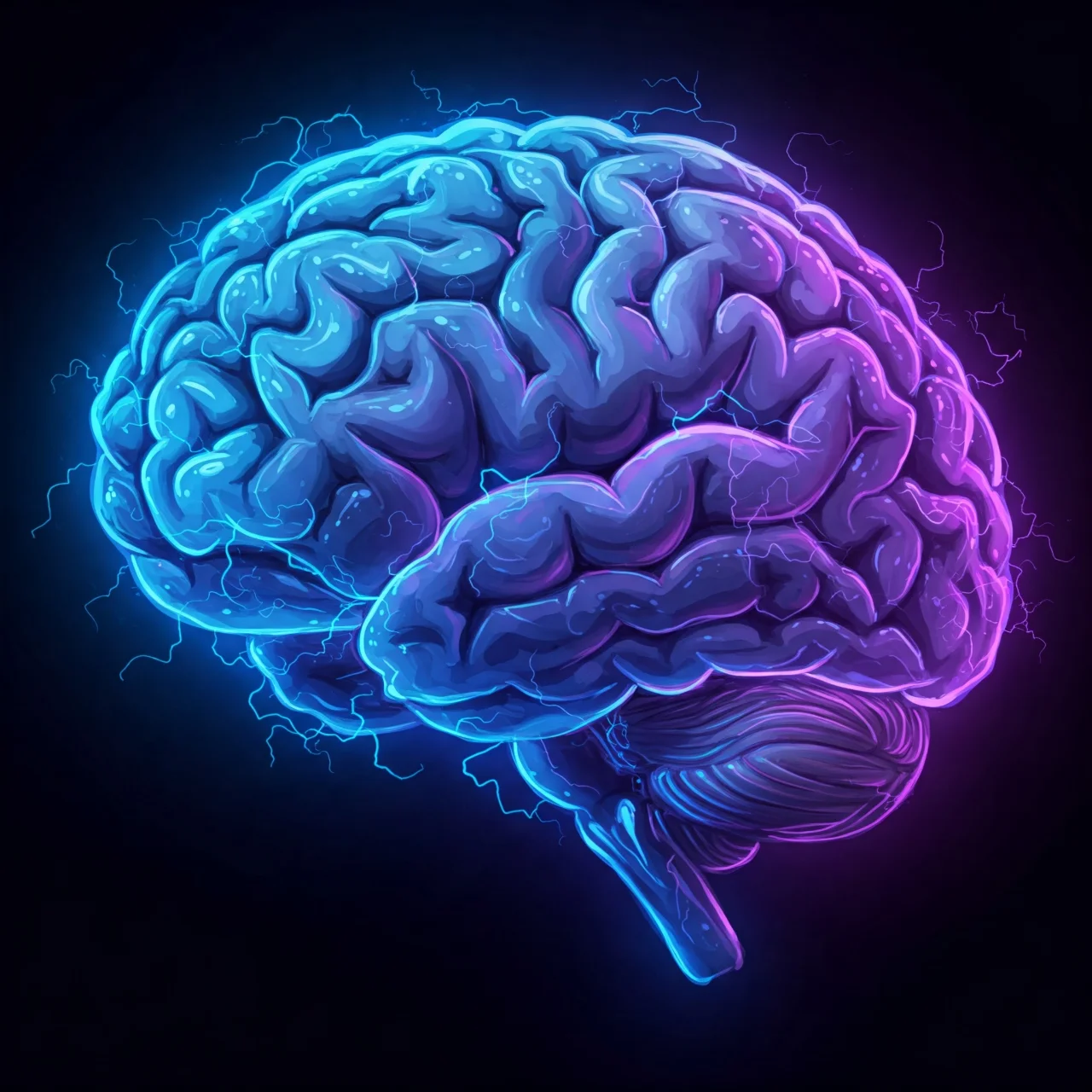
Despite accounting for only about 2% of your body weight, the human brain consumes roughly 20% of your body's energy. This incredible energy demand highlights the brain’s constant activity, even during sleep! Our brains are always working, processing information and keeping us alive. It's a tireless organ.
Your Brain is More Active When You Sleep
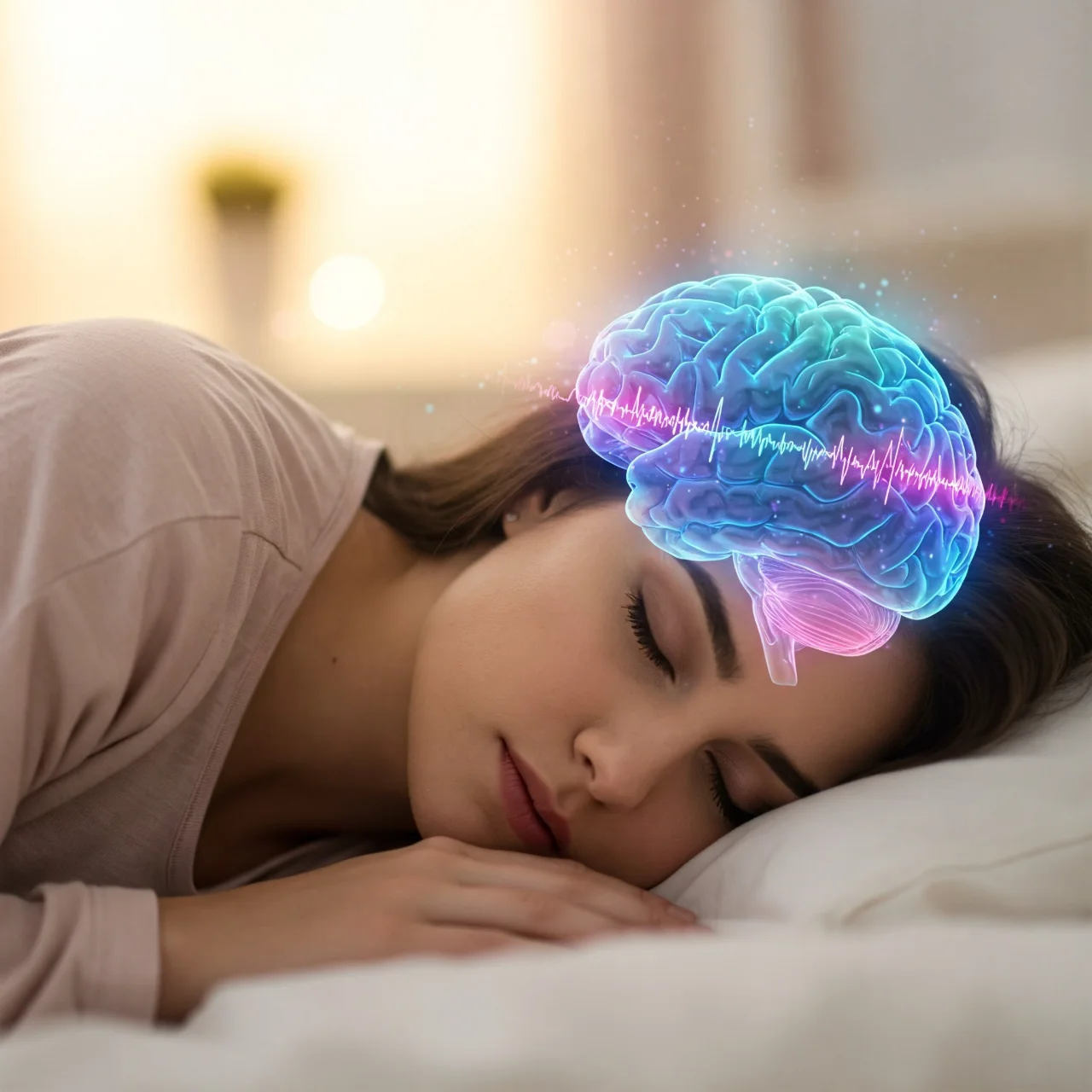
Contrary to popular belief, your brain doesn't 'shut down' during sleep. It’s actually incredibly active, consolidating memories and processing information gathered throughout the day. Different stages of sleep are linked to specific brainwave patterns and cognitive functions. [Source: National Institute of Neurological Disorders and Stroke - https://www.ninds.nih.gov/health-information/patient-caregiver-education/sleep-and-sleep-disorders]
The Brain Can Rewire Itself: Neuroplasticity
The brain isn't fixed; it possesses remarkable neuroplasticity – the ability to reorganize itself by forming new neural connections throughout life. This means you can learn new skills, recover from injuries, and adapt to changes by literally changing the structure of your brain!
The Brain Doesn’t Feel Pain Directly
Surprisingly, the brain itself lacks pain receptors (nociceptors). This is why surgeons can perform brain surgery while the patient is awake! However, the tissues surrounding the brain – the scalp, skull, and meninges – *do* contain pain receptors.
Multitasking is a Myth

Despite our attempts, the brain isn’t designed for true multitasking. Instead, it rapidly switches attention between tasks, which can reduce efficiency and increase errors. This 'task-switching' creates cognitive overload and diminishes performance. Focus on one thing at a time for optimal results!
The Brain is About 60% Fat
The human brain is predominantly composed of fat – around 60%. These fats are crucial for brain function, forming the myelin sheath that insulates nerve fibers and allows for efficient signal transmission. Omega-3 fatty acids are particularly important for brain health.
Mirror Neurons: The Basis of Empathy
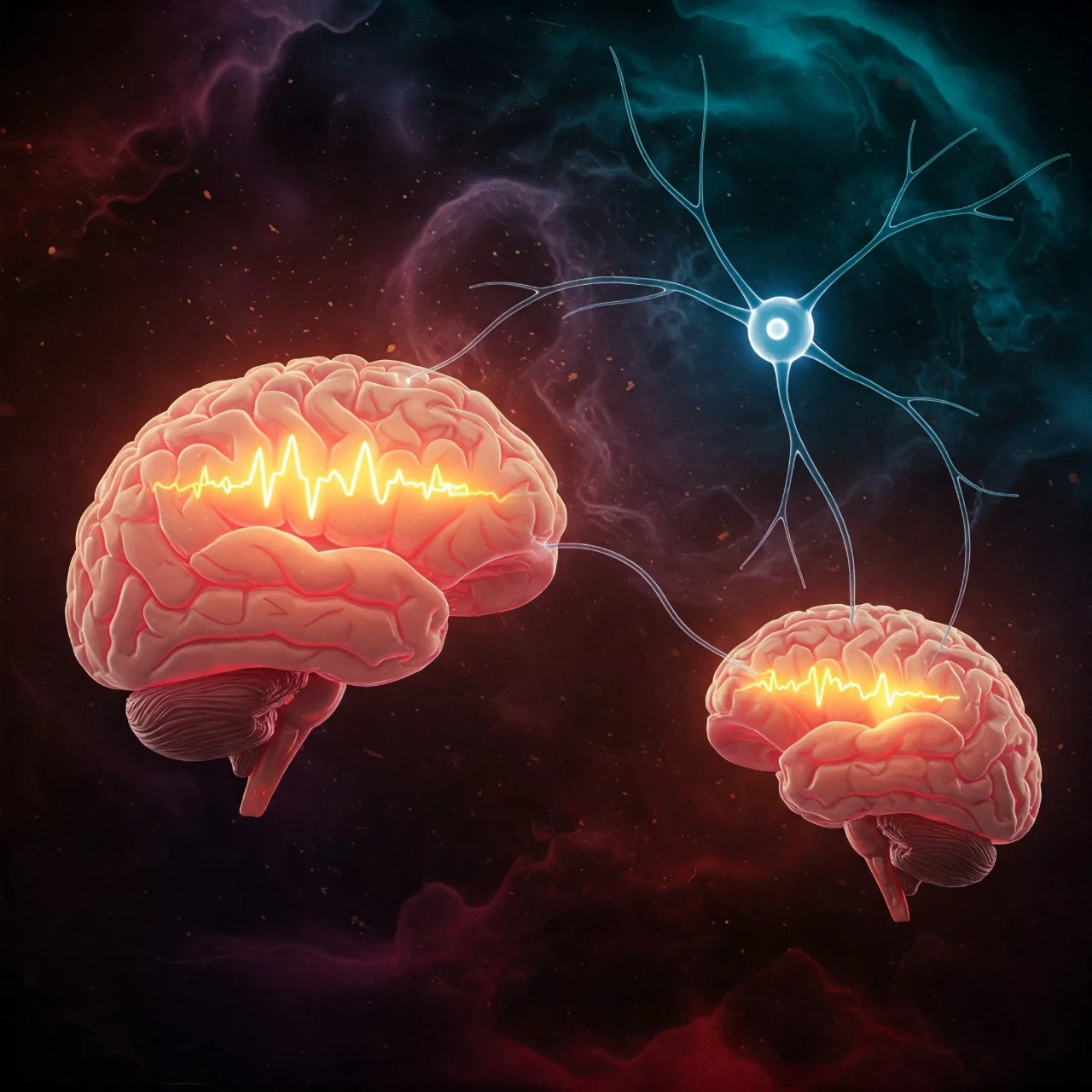
Mirror neurons fire both when we perform an action *and* when we observe someone else performing the same action. They are believed to play a key role in empathy, learning through imitation, and understanding the intentions of others.
The Hippocampus: Your Memory's Architect
The hippocampus is a crucial brain structure involved in the formation of new memories and spatial navigation. Damage to the hippocampus can result in severe memory impairment, as famously demonstrated in the case of patient H.M. [Source: Alzheimer's Association - https://www.alz.org/alzheimers-dementia/what-is-alzheimers/brain-tour/hippocampus]
Your Gut Bacteria Influences Your Brain
The gut-brain connection is a hot topic in neuroscience. The trillions of bacteria in your gut communicate with your brain through the vagus nerve, influencing mood, cognition, and even behavior. A healthy gut microbiome is essential for brain health!
The Brain Shrinks With Age...But Not How You Think
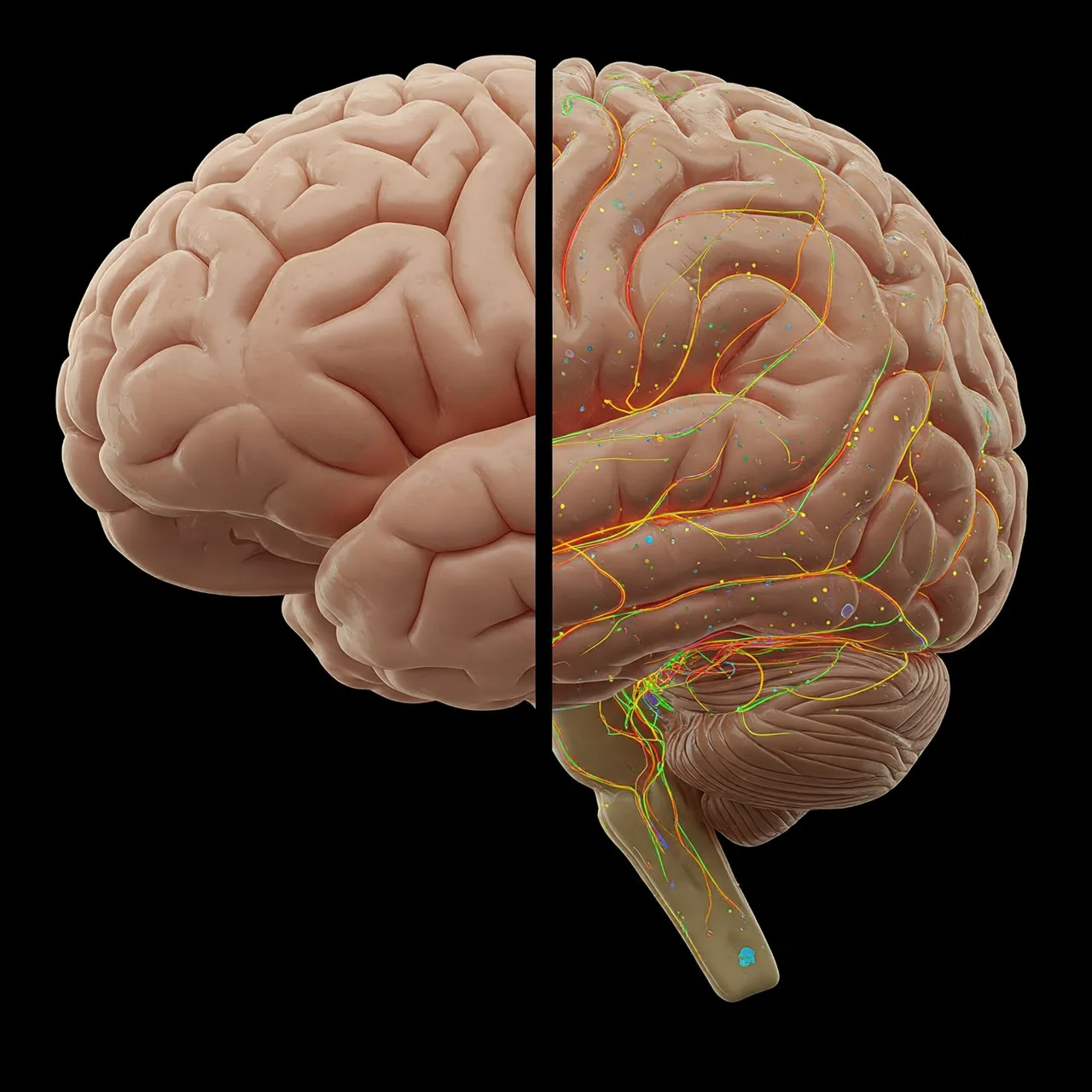
While the brain does lose some volume with age, it doesn't necessarily mean a decline in cognitive function. The brain often *reorganizes* itself, and the remaining brain tissue becomes more efficient. Staying mentally active helps to preserve cognitive abilities.
Dehydration Significantly Impacts Cognitive Function
Even mild dehydration can impair cognitive performance, affecting attention, memory, and mood. The brain is roughly 73% water, and staying hydrated is crucial for optimal functioning. Drink water throughout the day to keep your brain sharp!
Stress Can Literally Change the Brain
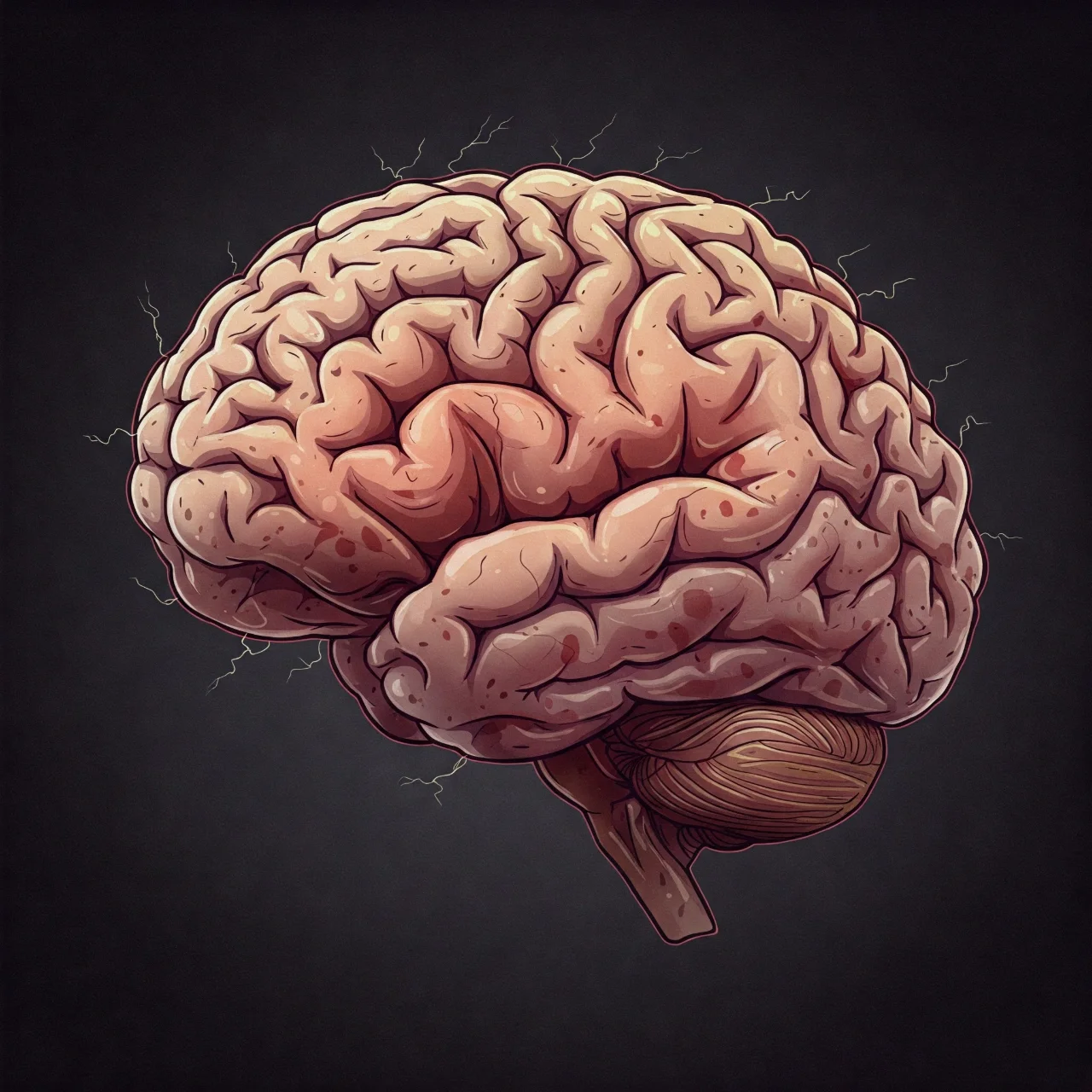
Chronic stress can lead to structural changes in the brain, particularly in areas involved in learning and memory, like the hippocampus. Prolonged stress can also shrink the prefrontal cortex, impairing decision-making and impulse control.
The Brain Continues to Develop Well Into Your 20s
Brain development isn't complete in childhood. The prefrontal cortex – responsible for higher-level cognitive functions like planning and decision-making – continues to mature well into the early to mid-20s. This explains why young adults may sometimes struggle with impulse control.
Music Literally Changes the Brain
Learning to play a musical instrument can physically alter the brain, increasing gray matter volume in areas related to motor control, auditory processing, and memory. Music can also enhance cognitive abilities and improve mood.
Reading Improves Brain Connectivity
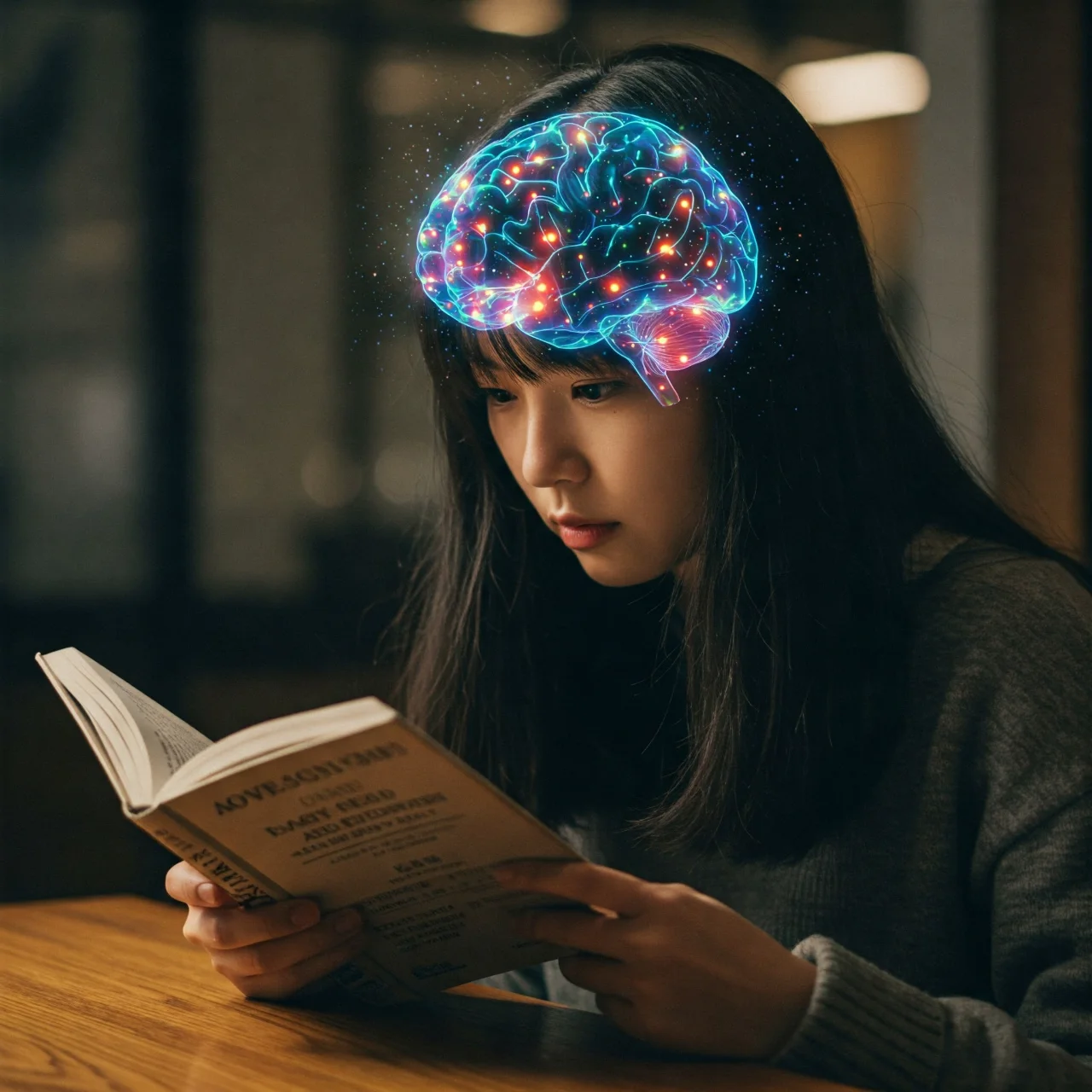
Reading isn't just about absorbing information; it strengthens brain connectivity and improves cognitive function. Studies show that reading activates various brain regions and enhances neural pathways. It's a workout for your brain!
The Brain Has No Muscles!
While incredibly powerful, the brain itself contains no muscles. All movement and coordination are controlled by signals sent *to* muscles throughout the body. It's a master conductor, not a performer.
Dreams Serve a Purpose – We Still Don't Fully Know It
While the exact function of dreams remains a mystery, theories suggest they play a role in memory consolidation, emotional processing, and even problem-solving. Some researchers believe dreams are a form of virtual reality for the brain.
The Brain’s ‘Default Mode Network’
When you're not focused on a specific task, your brain enters the 'default mode network' (DMN). This network is active during daydreaming, mind-wandering, and self-reflection. It’s crucial for creativity and understanding oneself.
Oxytocin: The 'Love Hormone'
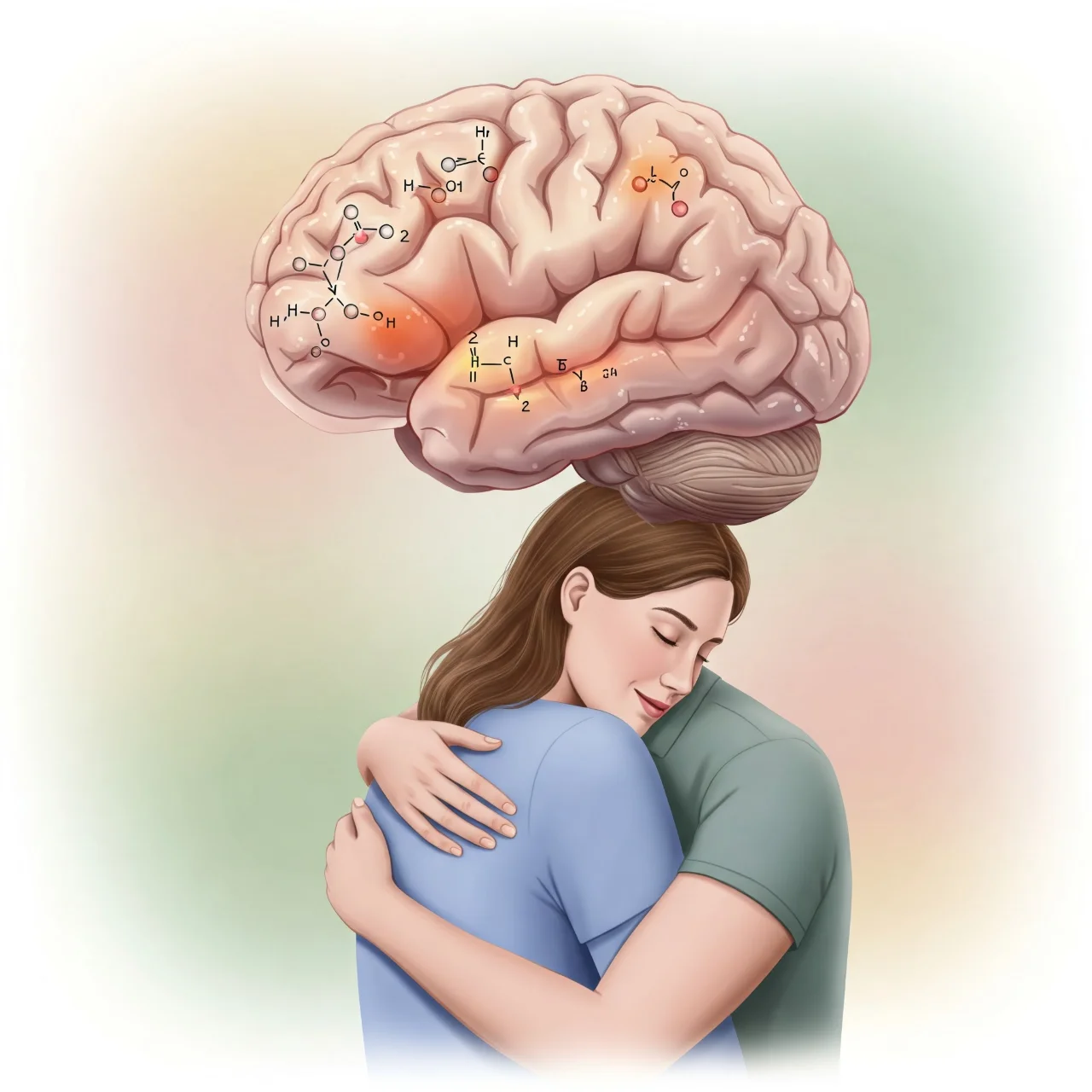
Oxytocin, often called the 'love hormone,' is a neurotransmitter that plays a vital role in social bonding, trust, and empathy. It's released during physical touch, social interaction, and acts of kindness.
The Brain Can Be Tricked by Optical Illusions
Optical illusions demonstrate how the brain actively interprets sensory information, rather than passively recording it. The brain fills in gaps and makes assumptions, sometimes leading to perceptual errors. They reveal the brain's constant attempt to make sense of the world.
Brain Freeze is a Vascular Response
That sudden headache you get after eating something cold quickly isn't a brain freeze, but a rapid constriction and then dilation of blood vessels in the palate. This sudden change in blood flow is detected by the brain as pain.
Your Brain Can Generate Electricity
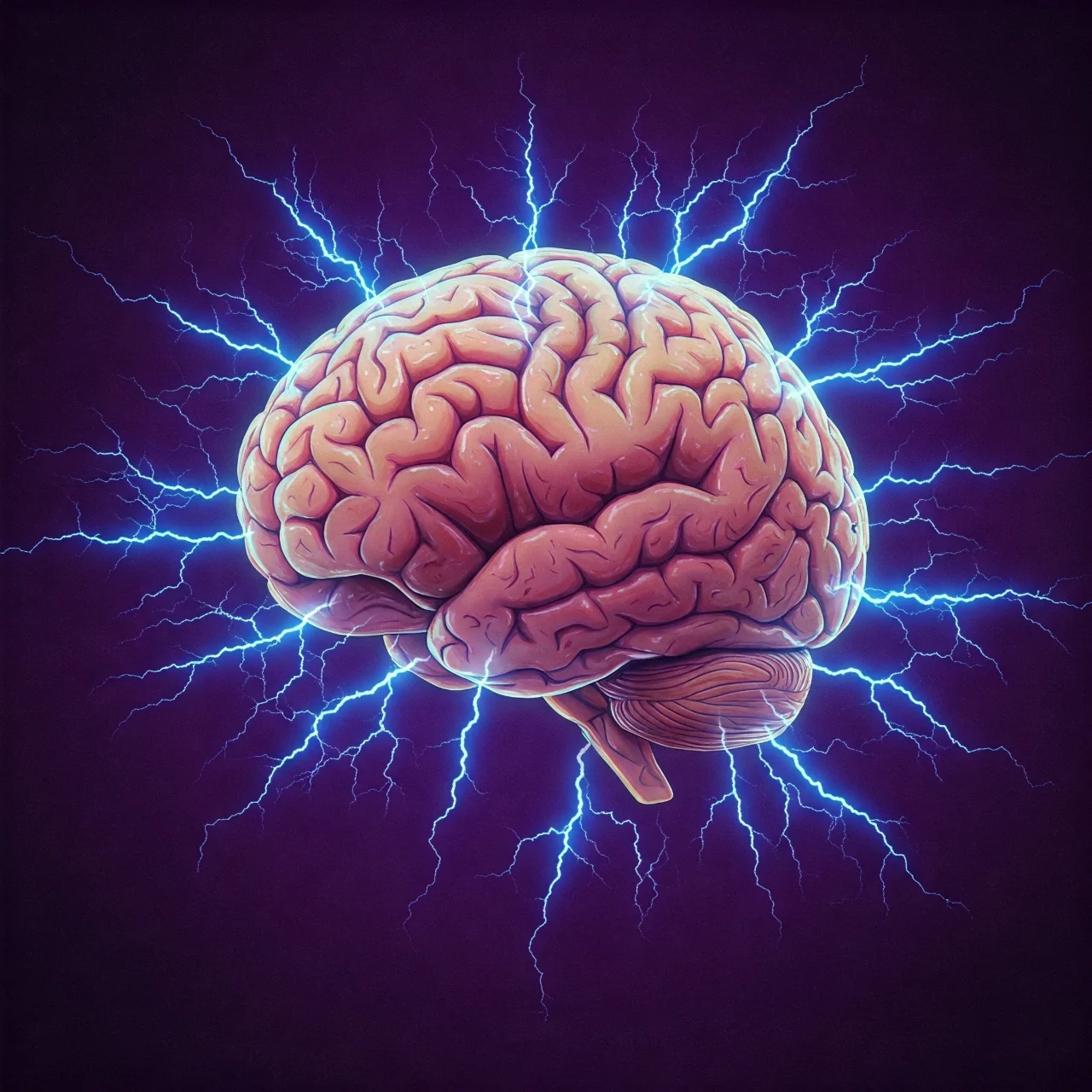
Neurons communicate with each other through electrical signals. The combined electrical activity of billions of neurons generates enough electricity to power a low-wattage light bulb! This electrical activity is what brain scans measure.
The Cerebellum: More Than Just Coordination
The cerebellum, traditionally known for coordinating movement, is also involved in cognitive functions like language, attention, and emotion regulation. It's increasingly recognized as a key player in complex mental processes.
The Brain Prioritizes Faces
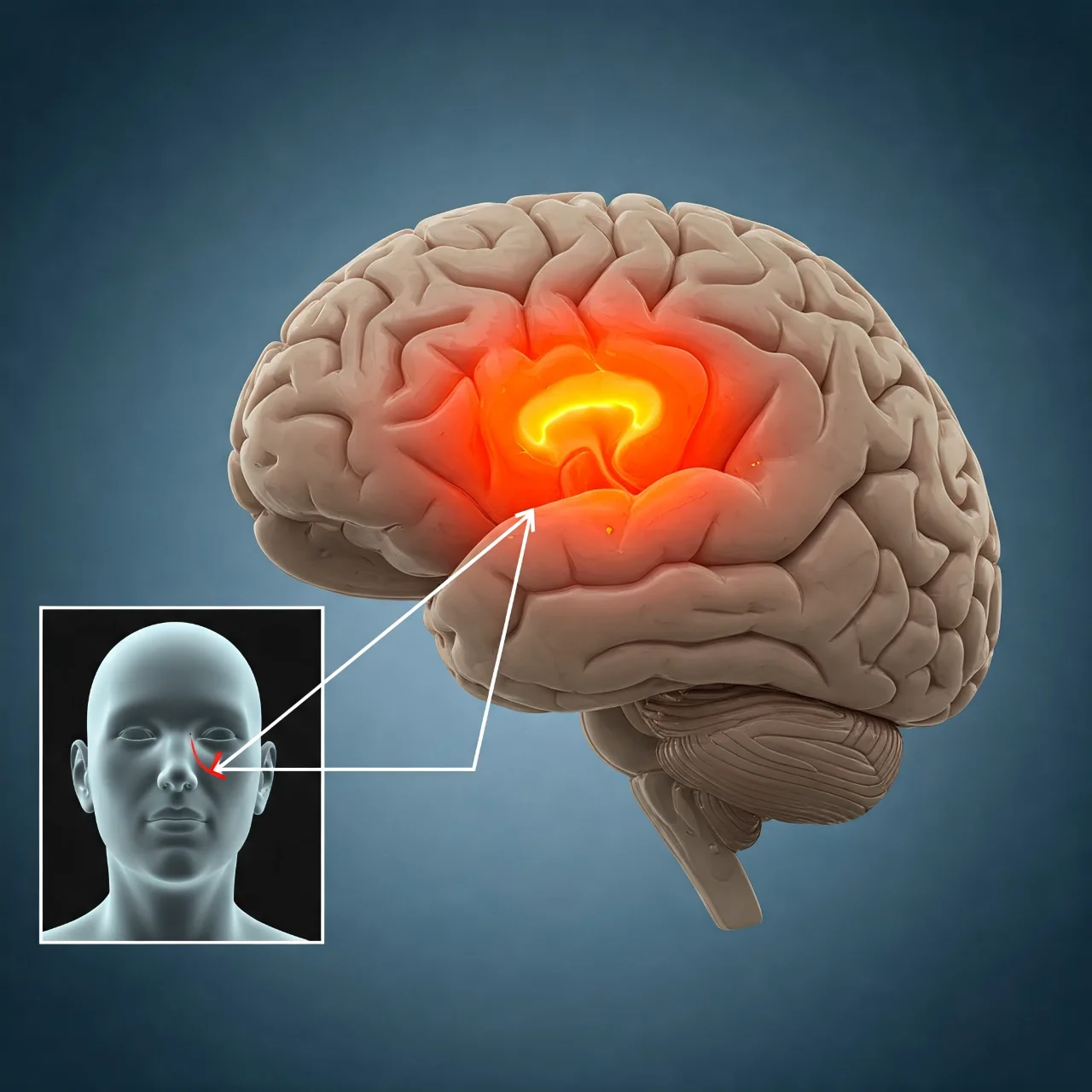
The brain has a dedicated region, the fusiform face area (FFA), specifically for recognizing faces. This area is activated almost instantly when we see a face, highlighting the brain's prioritization of social information. [Source: Cognitive Neuroscience - https://www.ncbi.nlm.nih.gov/books/NBK10587/]
Fear Doesn't Come From Logic
The amygdala, the brain’s emotional center, processes fear before information reaches the rational part of the brain (the prefrontal cortex). This explains why we often react emotionally *before* we can logically assess a situation.
Exercise Boosts Brain-Derived Neurotrophic Factor (BDNF)
Regular physical exercise increases levels of BDNF, a protein that promotes the growth and survival of brain cells. BDNF is often called “miracle-gro” for the brain, supporting learning, memory, and mood.
Long-Term Memories are Not Stored in One Place
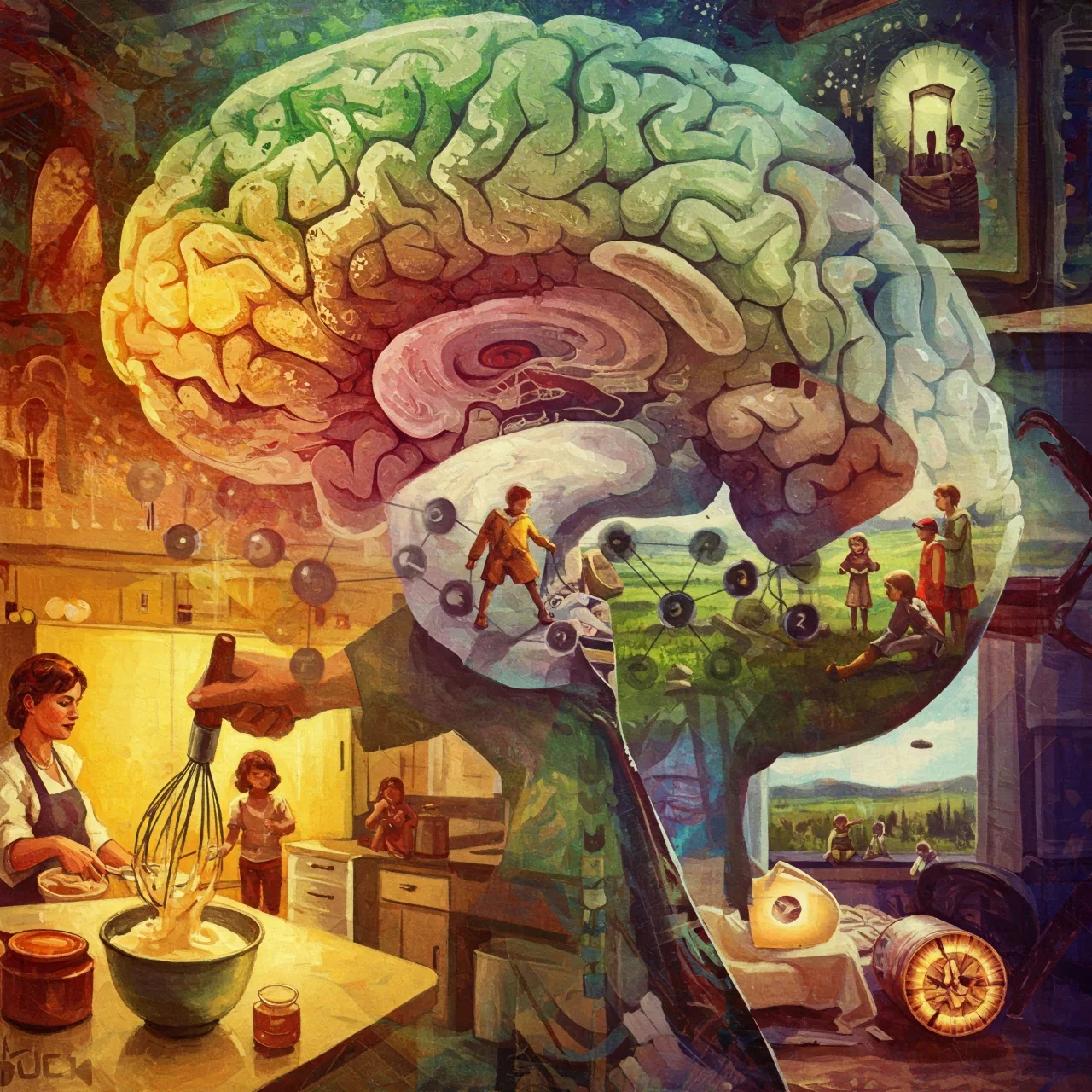
Memories aren't stored in a single location in the brain. Instead, they are distributed across various brain regions, with different aspects of a memory (visual, auditory, emotional) stored in different areas.
The Brain Reacts to Rejection Like Physical Pain
Studies have shown that social rejection activates the same brain regions as physical pain. This explains why being rejected can feel so emotionally devastating. The brain treats social connection as a fundamental need.
The Brain is Surprisingly Adaptable to Sensory Loss
If you lose one sense (like sight or hearing), the brain can reorganize itself to enhance other senses. This is known as cross-modal plasticity. For example, blind individuals often have superior hearing and tactile abilities.
Synesthesia: When Senses Get Mixed Up
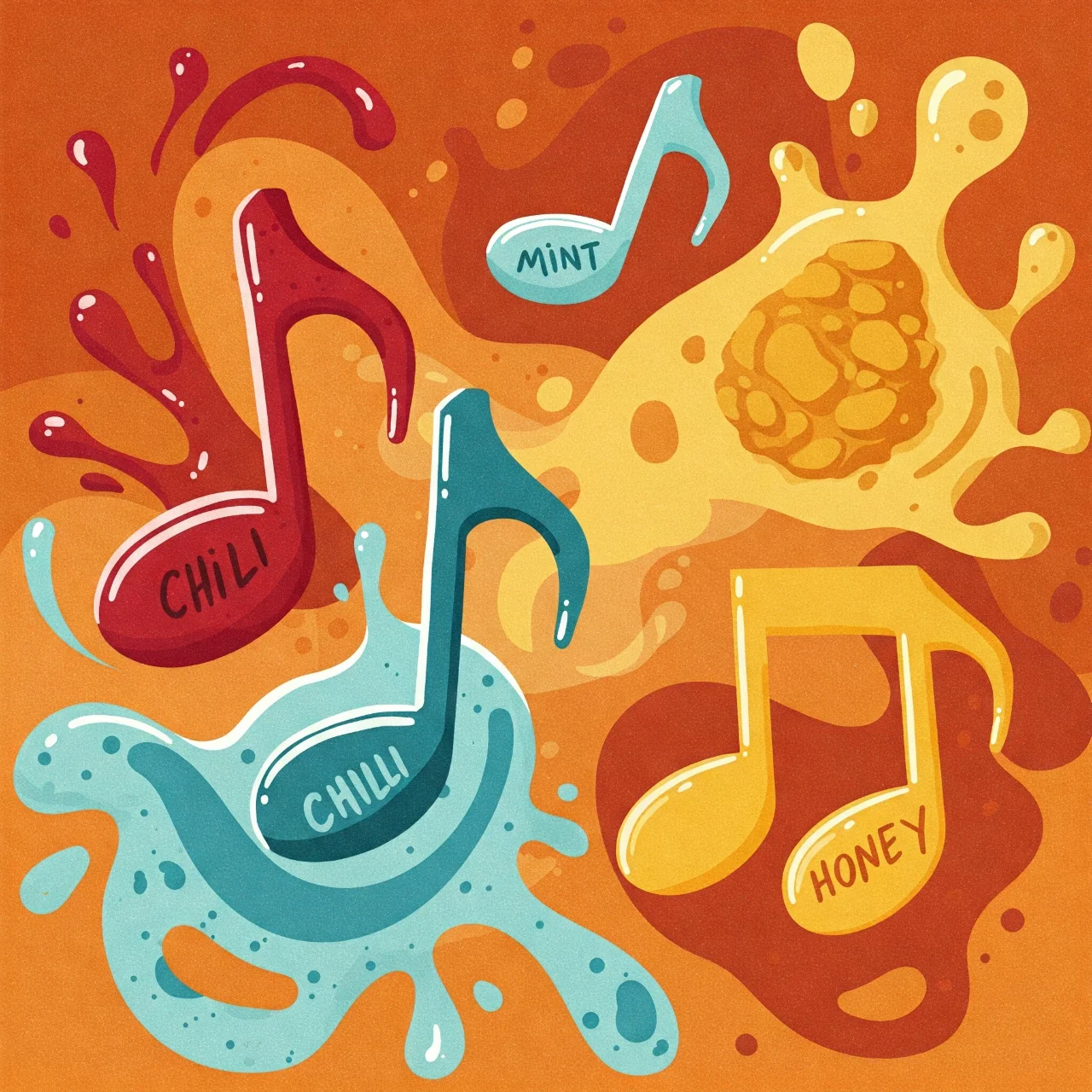
Synesthesia is a neurological condition in which stimulation of one sense triggers experiences in another. For example, someone might ‘see’ colors when they hear music or ‘taste’ shapes. It’s a fascinating example of brain wiring differences.
Sleep Deprivation Impairs Decision Making
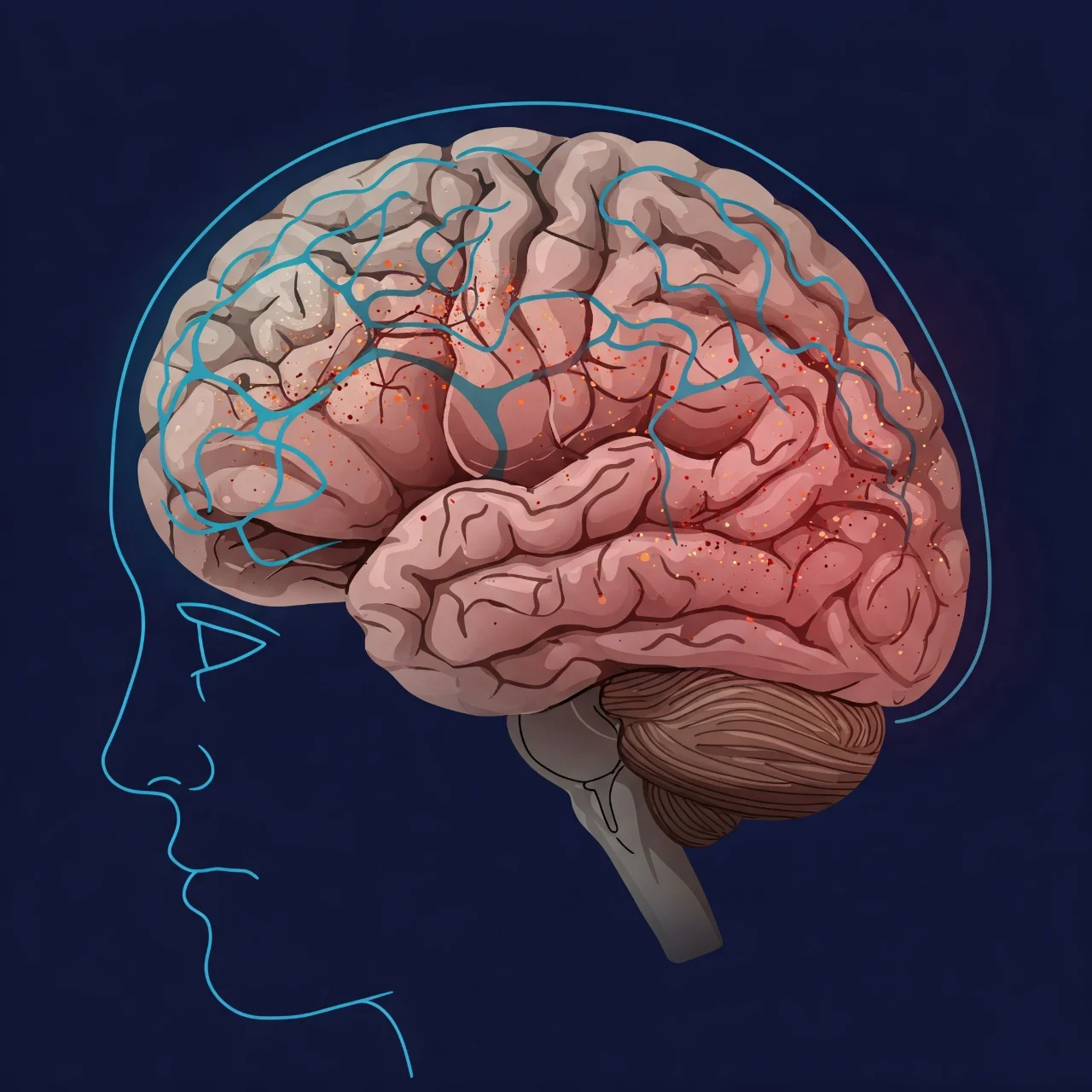
Even a single night of sleep deprivation can significantly impair decision-making abilities and increase impulsive behavior. Sleep is essential for prefrontal cortex function and rational thought.
The Brain’s Cleaning System: The Glymphatic System
During sleep, the brain activates the glymphatic system, a waste-clearance network that removes toxins and metabolic byproducts. This process is crucial for preventing neurodegenerative diseases. It’s like a nightly ‘spring cleaning’ for the brain.
Placebos Can Have Real Physiological Effects
The placebo effect demonstrates the power of the mind to influence the body. Belief in a treatment can trigger physiological changes in the brain, even if the treatment is inactive. It highlights the complex interplay between mind and body.
Caffeine Affects the Brain Primarily by Blocking Adenosine
Caffeine doesn’t directly stimulate the brain; it blocks adenosine, a neurotransmitter that promotes sleepiness. By blocking adenosine, caffeine increases alertness and reduces fatigue.
The Brain Loves Novelty
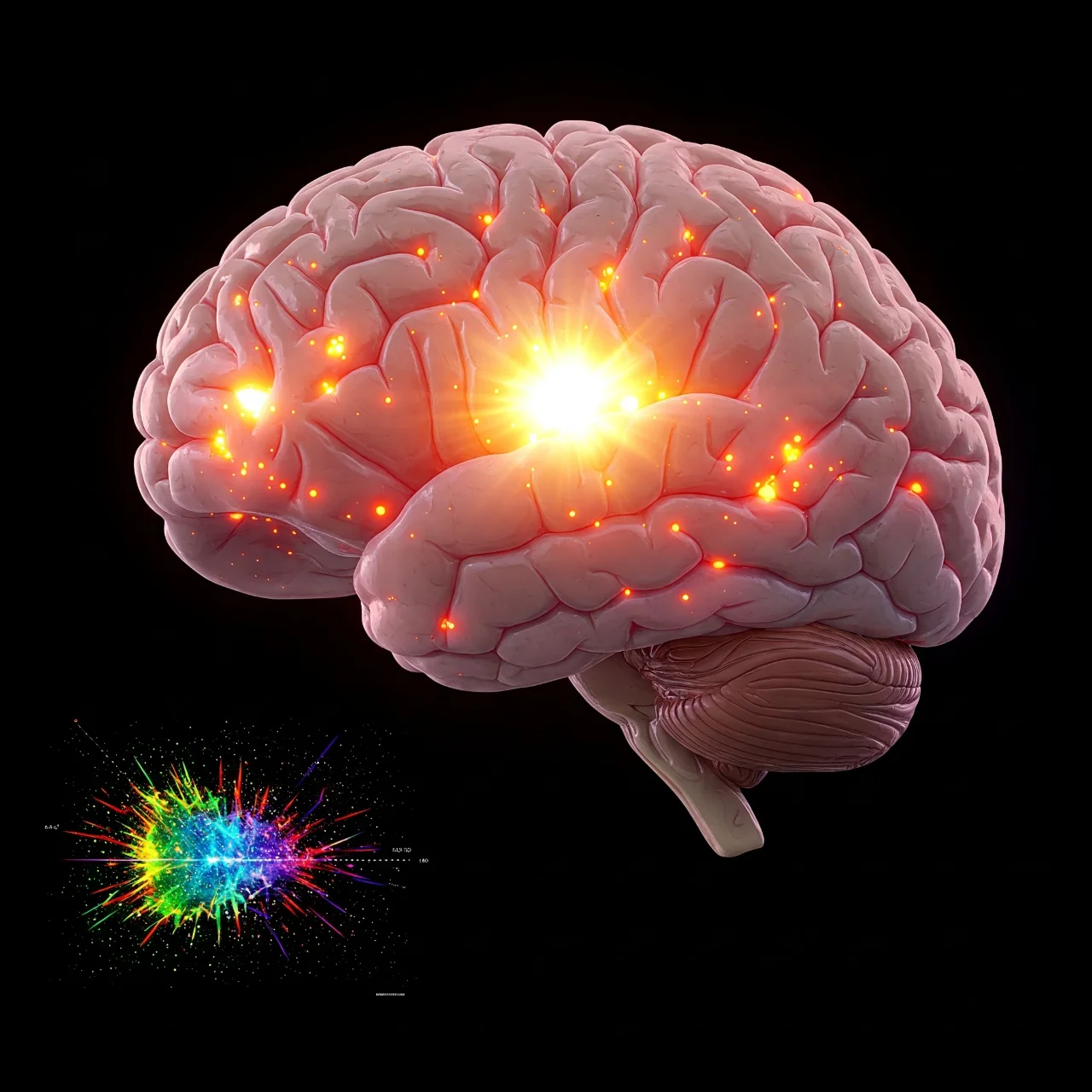
The brain is wired to pay attention to new and unusual stimuli. Novelty triggers the release of dopamine, a neurotransmitter associated with reward and motivation. This is why we enjoy learning new things and exploring unfamiliar environments.
Mindfulness Meditation Can Increase Gray Matter
Regular mindfulness meditation has been shown to increase gray matter volume in brain regions associated with attention, emotional regulation, and self-awareness. It's a powerful tool for brain health and well-being.
The Brain’s Response to Art is Unique to Each Individual
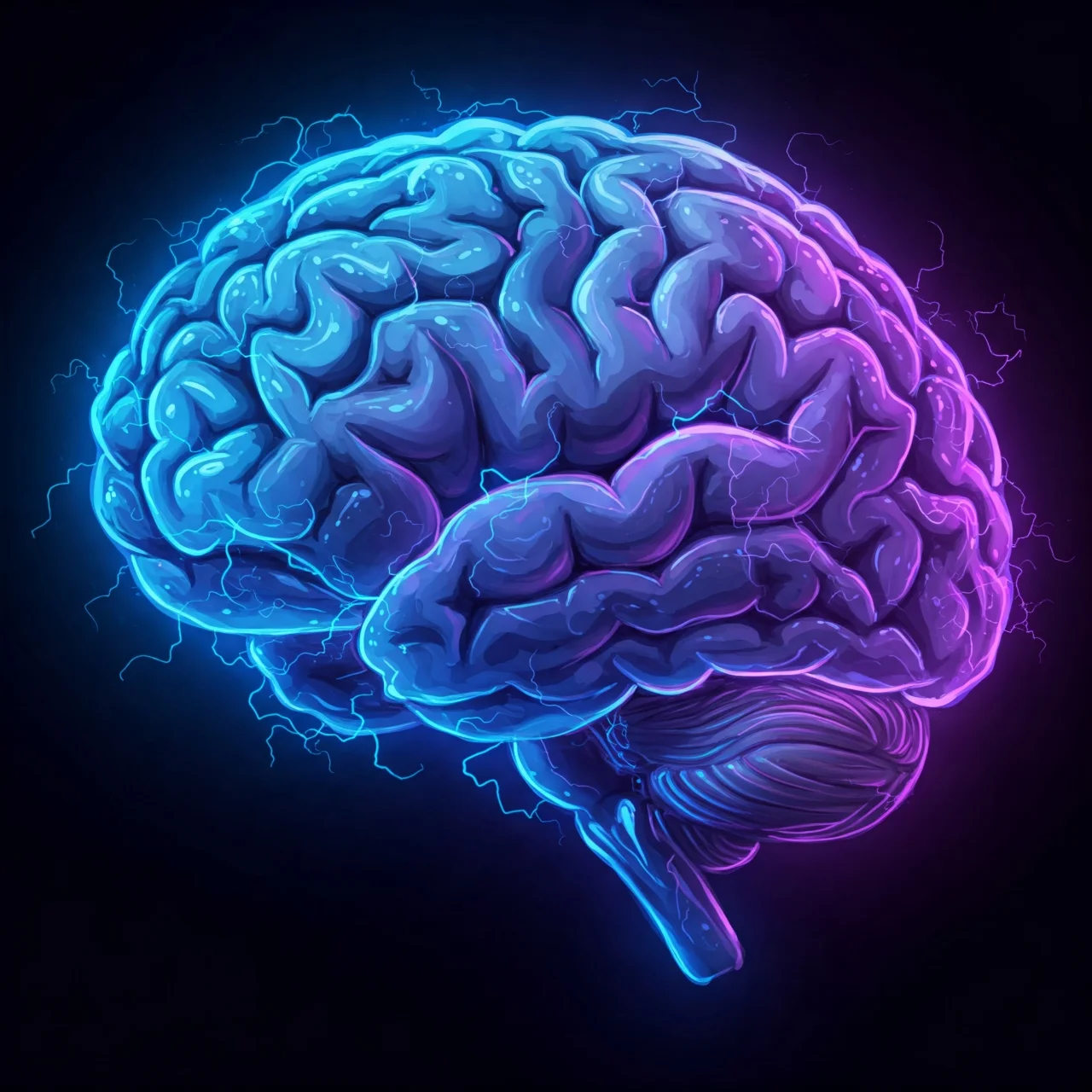
How we perceive and respond to art is highly subjective and depends on our individual experiences, emotions, and brain wiring. Art activates multiple brain regions, creating a complex and personal experience.
Aphantasia: The Inability to Visualize
Aphantasia is a condition where individuals are unable to voluntarily create mental images in their mind's eye. They can still understand concepts, but can't 'see' them internally. It’s a fascinating example of the diversity of human experience.
The Brain Continues to Consolidate Memories During REM Sleep
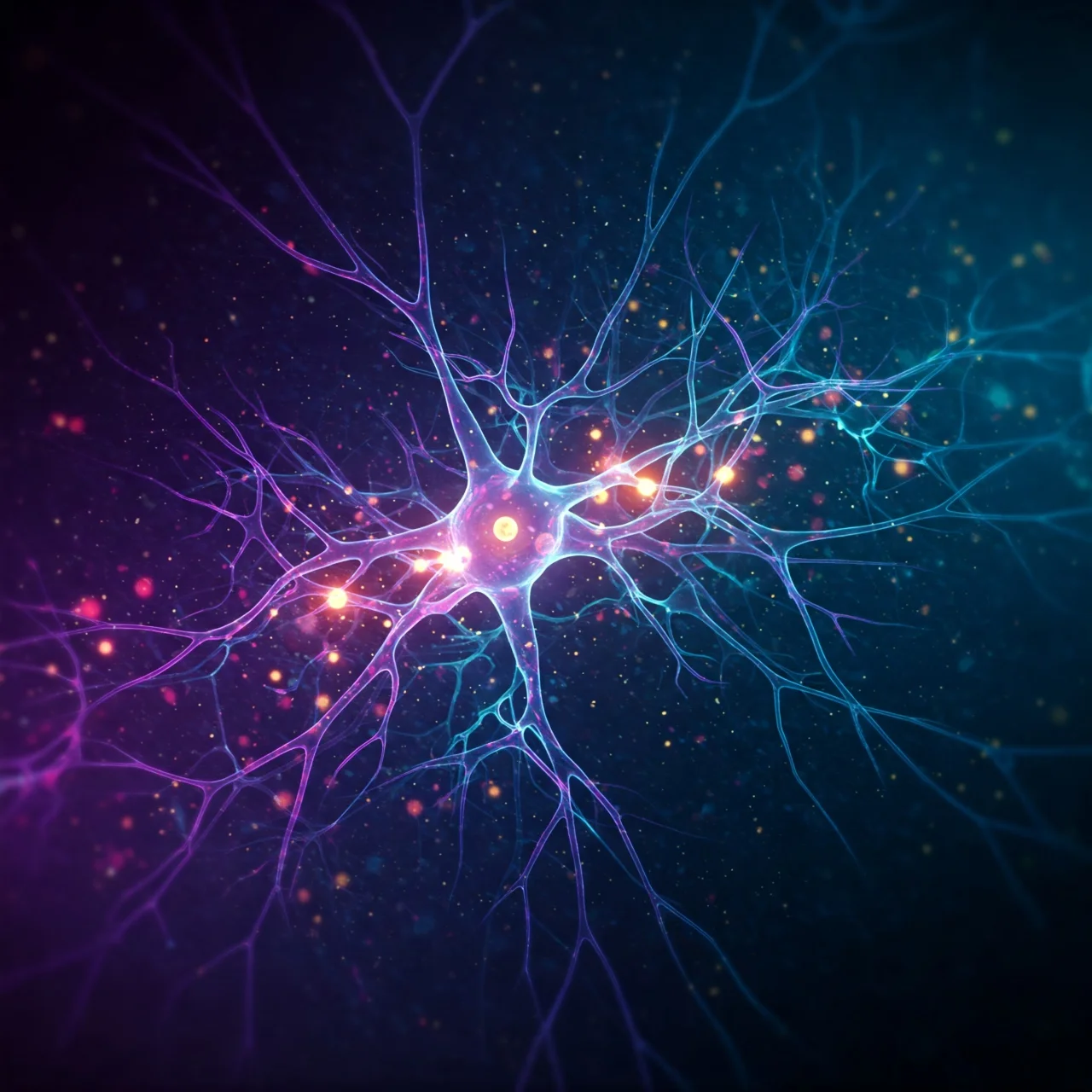
Rapid Eye Movement (REM) sleep is crucial for consolidating declarative memories – facts and events. During REM sleep, the brain replays and strengthens these memories, making them more durable.
Comments
Loading comments...